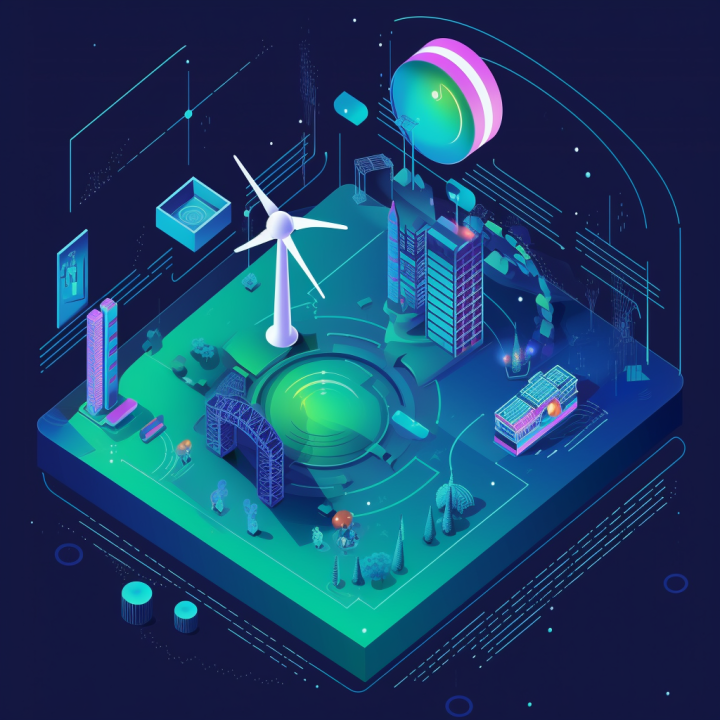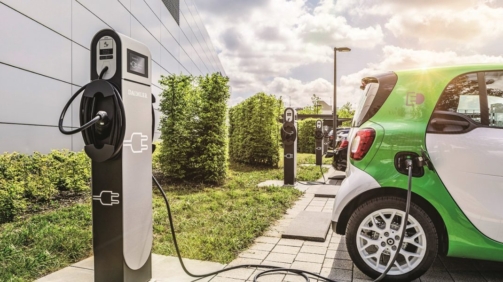How AI Can Reduce Energy Costs for Businesses & Consumers
Rising energy costs are stretching budgets for both businesses and consumers. This places a significant financial and environmental burden on us all.
Fortunately, Artificial Intelligence (AI) is emerging as a powerful tool in this fight.
AI optimisation techniques can reduce energy consumption, allowing both businesses and domestic consumers to cut down on energy bills.
In this article, we will dive into various AI optimisation strategies, from smart home technologies to the future impact AI has on renewable energy sources.
By harnessing the power of artificial intelligence, we can reduce energy consumption, lower energy costs, and promote sustainability one business and household at a time.
Using AI to Reduce Energy Costs for Businesses
The average energy consumption for small UK businesses is between 15,000 and 25,000 kWh per year, with larger enterprises reaching 55,000 kWh and more.
Studies show that hospitals and manufacturing plants account for around 30% of the UK’s commercial energy waste. This equates to roughly £33.9 billion of wasted resources annually.
For businesses to align with the UK Government’s Net Zero Strategy – and benefit from energy cost reduction – they can leverage AI for business energy optimisation in several ways:
Smart Building & Facility Management
AI-powered systems transform traditional solutions into smart answers. Industrial AI gathers real-time data on businesses’ energy consumption patterns. These can be integrated with various Internet of Things (IoT) devices, such as smart meters and thermostats to optimise lighting, heating, cooling and ventilation.
The advantage of smart building technology is that it provides personalised energy insights. AI highlights peak energy consumption periods and pinpoints areas of energy wastage and inefficiencies. By leveraging this automation, companies can control their energy usage and install sustainable energy management systems for maximum efficiency.
Example: Octopus Energy, the UK’s largest investor in solar generation, uses AI data-based platforms to balance loads around the grid.
Personalised Energy Management
As mentioned, smart building technology analyses a business’s energy demand and distribution. It provides customised recommendations for energy savings. AI algorithms read historical energy data, weather patterns, and other factors to predict future consumption.
Businesses using AI can adjust their operations – translating to lower energy costs and reduced carbon emissions.
For instance, EMMA AI is a cloud-based energy management platform that monitors your energy consumption. It’s used to pinpoint areas where energy is wasted and offers advice on how to fix it. Its innovative machine-learning technology analyses half-hour meter readings and uses this information – coupled with advanced algorithms – to process your energy consumption data in real time.



